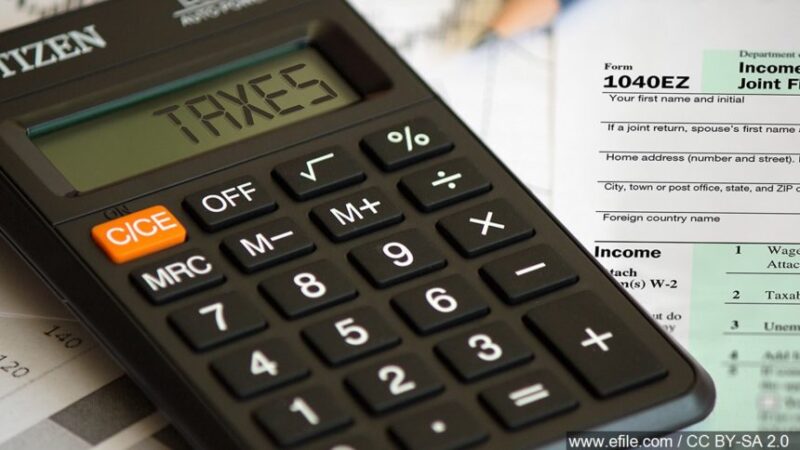(The Center Square) – Gov. Jay Inslee’s proposal for a “wealth tax” is drawing sharp criticism from Seattle business leader, entrepreneur and Democratic supporter Nick Hanauer.
Hanauer posted on X, ripping the proposal apart, calling it “impractical” with “serious legal challenges.”
“I’ve spent my life working to address income inequality & progressive taxation,” posted Hanauer. “We worked hard to create the conditions that made the capital gains tax possible and thus many of WA’s wealthiest citizens were supportive of its passage. The opposite will be true for this tax.”
A wealth tax is imposed on the value of some or all of a taxpayer’s assets, such as stocks, real estate, and businesses.
A Nov. 2024 report from the state Washington State Department of Revenue on a potential wealth tax noted, “Even with updated income, forecasts, and other data points, the fiscal model cannot predict the exact revenue a wealth tax in Washington would generate… It will also be difficult to accurately assess compliance rates and behavioral responses.”
The DOR report also predicted a wealth tax could be difficult to administer due to legal challenges and risks that wealthy individuals subject to the tax would up and leave the state.
Hanauer pointed this out in his comments.
“Even if it clears the legal, implementation & other challenges, it’s unlikely to raise much [money] given every wealthy person I’ve spoken to in the last few days has said they will leave the state,” he said. I believe them. Thoughtful taxes don’t actually drive people away, boneheaded taxes do.”
Jason Mercier, vice president and director of research at Mountain State’s Policy Center, told The Center Square in a Friday interview that there’s a reason a wealth tax does not exist in the United States and why other countries are repealing them.
“They are incredibly economically damaging because people move,” Mercier said. “When France repealed it’s wealth tax, the president acknowledged he was doing it because people were leaving France, and it’s much easier to leave a state than it is a country.”
Mercier countered the argument that only a handful of people will pay the wealth tax and Washingtonians won’t leave because of the additional tax burden.
“You want your taxes to be broad based and low rate because when you have discriminatory taxes, when someone moves, you have a problem in your budget,” he said. “That’s what happened with Washington’s capital gains tax. They created this volatile tax and now they’re surprised that it’s not collecting what they expected. The same thing is going to happen with a wealth tax.”
Those who support a Washington wealth tax argue it would create a narrowly tailored property tax on extreme wealth derived from the ownership of stocks, bonds and other financial assets.
A 2024 post from Senate Democrats in support of a wealth tax in the form of Senate Bill 5486 said proceeds would be “dedicated to education, housing, disability services, and tax credits for working families. The first $250 million of assessed value is exempted, meaning only the wealthiest people in Washington would pay the tax, including some of the wealthiest individuals in the world.”
Democrats offered up a poll conducted by TargetSmart showing 66% of respondents supported the Washington State Wealth Tax proposal.
Mercier says a potential wealth tax would likely drop Washington state even further down in state rankings for tax competitiveness.
A recent study from the Tax Foundation revealed which states are taxpayer-friendly for individuals and businesses, with rankings based on income, sales, excise, property, capital gains, corporate, payroll and estate taxes.
The study found that Wyoming is the most taxpayer friendly state and Washington is near the bottom, at 45th despite not taxing income.
“When you look at Montana, Idaho and Wyoming, the headlines over the last several years were tax cuts,” said Mercier. “Massive income tax cuts, property tax reform, returning money back to citizens and keeping budgets sustainable, so they didn’t face the situation that Washington is now in facing with a massive budget shortfall.”
As previously reported by The Center Square, Washington is facing an estimated budget shortfall of at least $10-12 billion over the next four years, with some estimates as high as $16 billion.
“If you look at the headline in other states going into 2025, the headline in Idaho says income tax reductions and property tax relief; the headline is Montana is income tax and property tax relief; the headline is Wyoming is property tax relief and the headline in Washington is which taxes can we raise now?” asked Mercier. “Washington is just standing alone, failing to prioritize any tax relief.”

